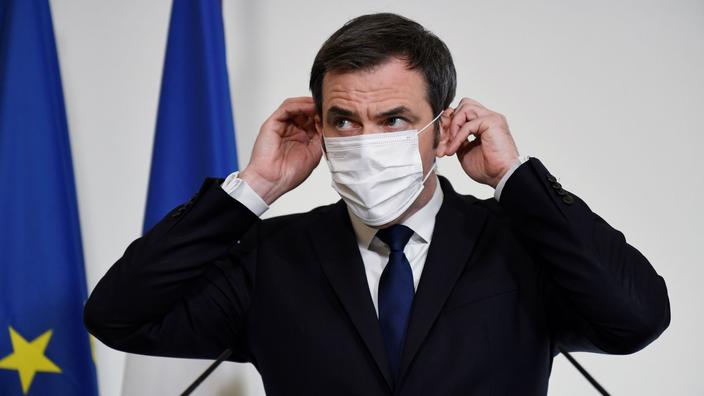The time between the two Pfizer vaccine injections is maintained at 3 or 4 weeks, the Minister of Health, Olivier Véran announced on Tuesday, January 26, despite the opinions of two health authorities who considered that it could be extended to six weeks.
"We are faced with a part of the unknown, I am choosing the security of validated data"
, justified the Minister.
If he considers the question
"legitimate",
a postponement would ultimately only have a
"minor impact on the rate of vaccinations"
.
Read also: Vaccination: why the postponement of the second injection to six weeks is debated
Speaking after the Minister of Health, the “Mr. Vaccine” of the executive, Alain Fischer, enumerated a series of arguments weighing against a postponement of the vaccination booster.
According to him, the latter would allow to accelerate initially the rhythm of first injections but, he objects, France would then be confronted with a
"catch-up effect"
.
"At the end of March or the beginning of April, we would have the same number of vaccinated"
, explains the professor of immunology.
He also points out that few people have received a second dose delayed during clinical trials.
"Data published in Israel in those over 60 shows that protection between doses is only 33%," he says.
Spacing the two doses would vaccinate at least 700,000 more people in the first month
The High Authority for Health
The High Authority for Health (HAS) had recommended Saturday
"to extend to 6 weeks the time between 2 doses of vaccine"
instead of 3 and 4 weeks respectively for the two already available in France, those of Pfizer / BioNTech and Moderna.
Extending the time allows to increase the number of first injections, using doses initially planned for the second.
"Spacing the two doses would make it possible to vaccinate at least 700,000 more people the first month,"
pleaded the HAS.
The Medicines Agency (ANSM) had also ruled on January 7 that extending the interval to 6 weeks could
"be considered"
.
The WHO, which came to the same conclusion, for its part underlined that such a decision had to be motivated by
"exceptional circumstances"
.
Several countries have already made this choice, such as Denmark or Quebec, in Canada.
The United Kingdom has gone even further by giving itself the option of spacing out doses by twelve weeks.









